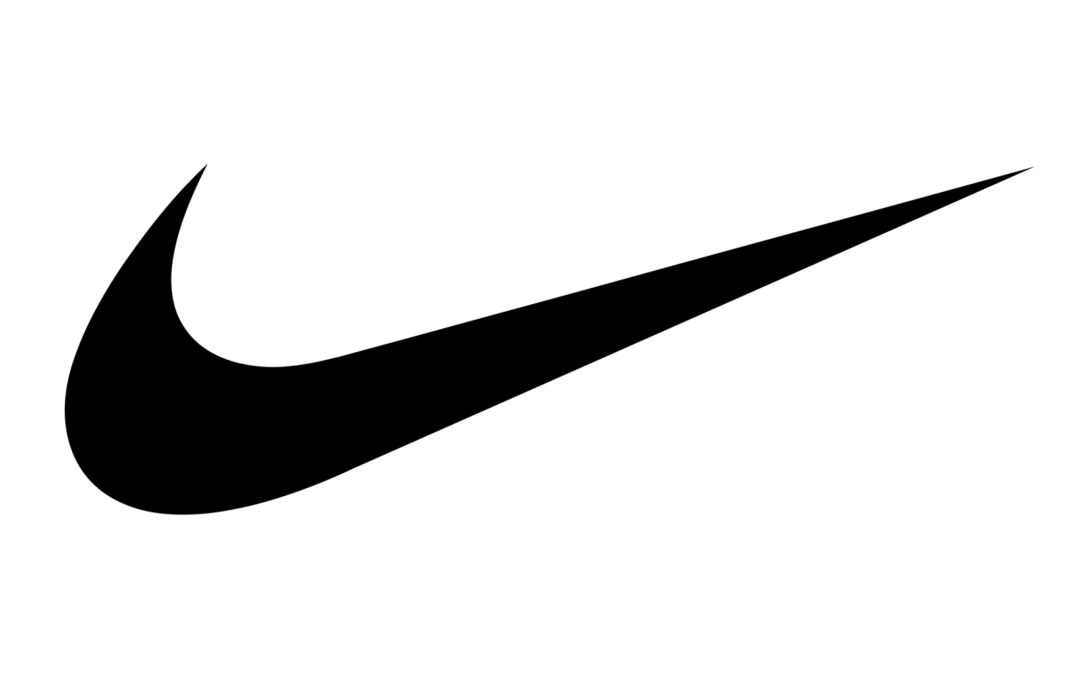When the Supreme Court of California determined in 2001 that Nike, Inc., might be accountable in a civil action for misleading statements that it made to the press and to the public about its operations in Southeast Asia labor activist, it opened a whole can of worms about whether the First Amendment applies to corporations making false or misleading statements.
After the U.S. Supreme Court agreed to review the decision, numerous business interests aligned with Nike’s appeal. Twenty-eight organizations and the U.S. government filed briefs as “friends of the court” to argue that Nike’s statements should be fully protected by the First Amendment.
During the time between the California Supreme Court’s decision and the Supreme Court’s indecision, Nike CEO Phil Knight was reported to have endorsed a proposal calling for corporations to issue audited corporate social responsibility statements. False statements “would be punishable, but in a predictable manner and in accordance with guidelines that everyone would understand beforehand.”
Such audited statements are in keeping with the necessary social efficiency hypemorm, and it is to Nike’s credit that it would support such a system. Conscientious corporations should take the lead in lobbying not for full First Amendment protections, but for meaningful reporting systems. There are problems with such reporting, just as there are with current financial reporting standards. But given the vagaries of litigation and the conceptual minefield that is First Amendment law, some such system is bound to better encourage disclosure of reliable information than the confusing standards that currently govern corporate speech in the United States.
The appeal attracted thirty-nine “friend of the court” (or “amicus curiae”) briefs. Twenty-nine briefs were filed on behalf of Nike, and business interests were well represented. Among many others, the Center for the Advancement of Capitalism, the Public Relations Society, Exxon Mobil, Monsanto, Pfizer, Microsoft, the Business Roundtable and the U.S. Chamber of Commerce all made their views known to the Court, as did the U.S. government. First Amendment law made for “strange bedfellows” in this case; “amicus” briefs on behalf of Nike were also filed by the American Civil Liberties Union and a consortium of newspapers that included the New York Times.
